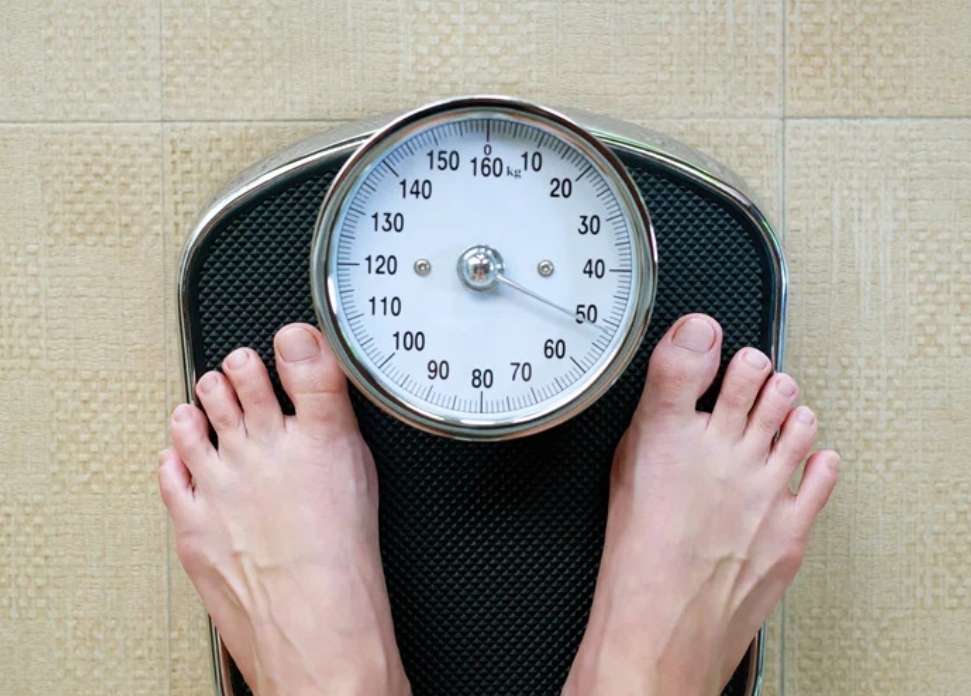EATING DISORDERS: Definition, types and treatments

Eating disorders are serious, complex and potentially life-threatening mental illnesses. They are characterised by disturbances in behaviours, thoughts and attitudes to food, eating, and body weight or shape. Eating disorders have detrimental impacts upon a person’s life and result in serious medical, psychiatric and psychosocial consequences.
Eating disorders do not discriminate and can occur in people of any age, weight, size, shape, gender identity, sexuality, cultural background or socioeconomic group.

Types of Eating Disorders
There are many types of feeding and eating disorders, and they all come with their own defining characteristics and diagnostic criteria. The eating disorders formally recognized by the Diagnostic and Statistical Manual of Mental Disorders (DSM-5) include the following.
Binge Eating Disorder (BED)
Binge eating disorder, the most recently recognized eating disorder, is the most common. It is characterized by repeated episodes of binge eating—defined as the consumption of a large amount of food accompanied by a feeling of loss of control.
Bulimia Nervosa (BN)
Bulimia nervosa involves recurrent episodes of binge eating followed by compensatory behaviors, or those designed to make up for the calories consumed. These behaviors may include vomiting, fasting, excessive exercise, and laxative use.
Anorexia Nervosa (AN)
Anorexia nervosa is characterised by the restricted intake of food, leading to a lower than expected body weight, fear of weight gain, and disturbance in body image. lthough anorexia is the eating disorder that receives the most attention, it is actually the least common.
Avoidant/Restrictive Food Intake Disorder (ARFID)
Previously called selective eating disorder, avoidant/restrictive food intake disorder (ARFID) is an eating disorder that involves a restricted food intake in the absence of the body image disturbance commonly seen in anorexianervosa. It is manifested by persistent failure to meet appropriate nutritional and/or energy needs.
Many people with eating problems also have other mental health problems.

Some common experiences include:
- depression
- anxiety
- obsessive-compulsive disorders
- phobias of certain foods
- issues with self-esteem and body image
- forms of self-harm – you may see your eating problem as a form
- self-harm, or may hurt yourself in other ways too
- body dysmorphic disorder, which is an anxiety disorder linked to body image
Eating disorder treatment depends on your particular disorder and your symptoms. It typically includes a combination of psychological therapy (psychotherapy), nutrition education, medical monitoring and sometimes medications.
Eating disorder treatment also involves addressing other health problems caused by an eating disorder, which can be serious or even life-threatening if they go untreated for too long. If an eating disorder doesn’t improve with standard treatment or causes health problems, you may need hospitalization or another type of inpatient program.
